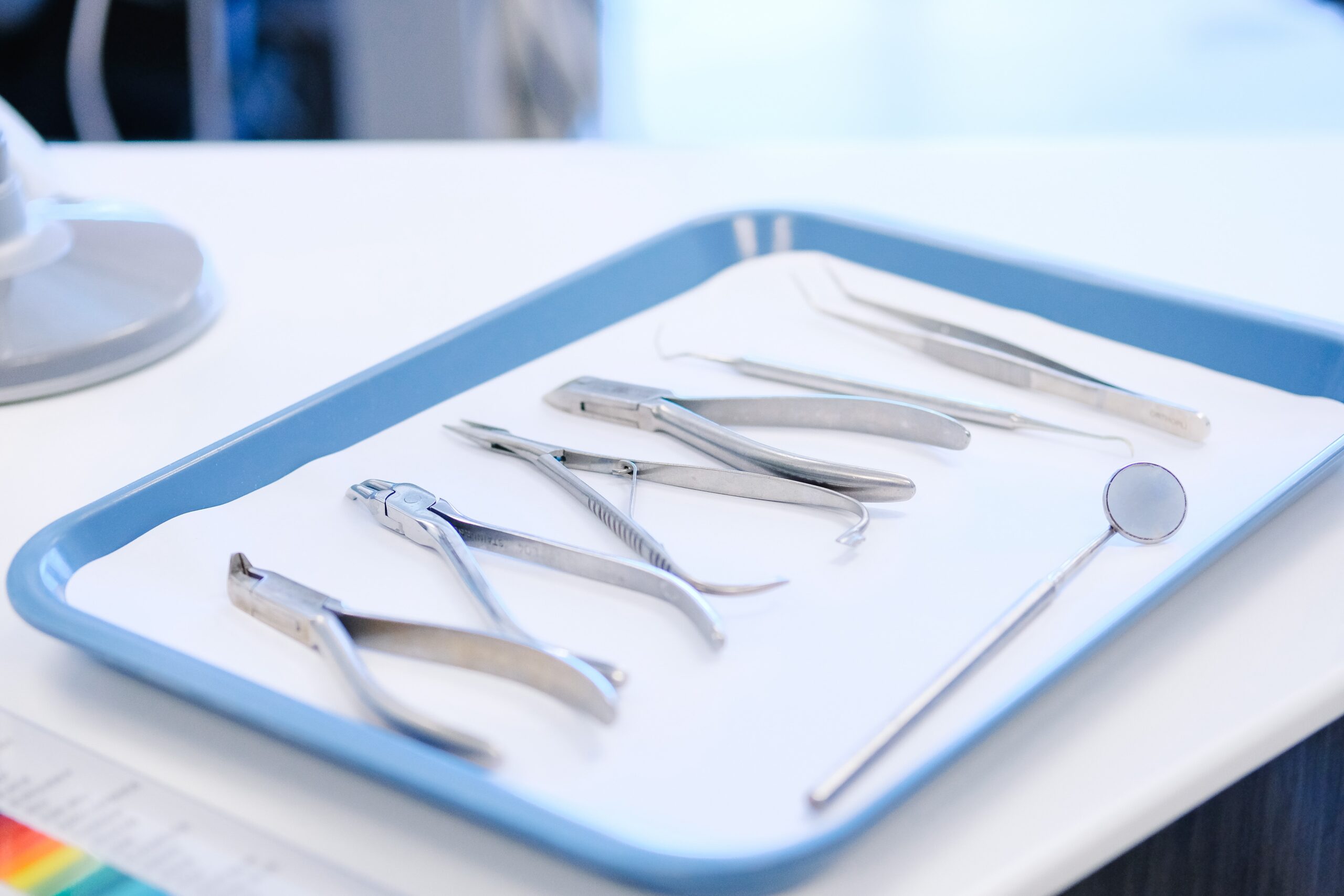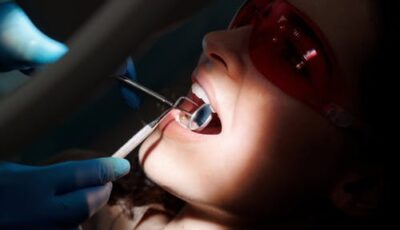
Deep teeth cleaning is a specialized dental treatment to address the problematic buildup of plaque and tartar that resides below the gum line. The procedure is far more intensive than regular dental cleaning and is typically necessary when signs of potential gum disease are visible or if there’s substantial tartar buildup. With its focus on oral health maintenance, deep teeth cleaning plays a crucial role in preserving our overall health.
The Importance of Oral Health Maintenance
Maintaining good oral health is more than just about having a dazzling smile; it’s crucial for our overall well-being. Research has established a link between oral health and systemic health, showing that diseases such as diabetes and heart disease have connections to oral health status. So, a healthy mouth is your doorway to a healthy body.
Understanding Plaque and Tartar
Defining Plaque
Plaque is a sticky, colorless film harboring bacteria that constantly forms on the teeth. When not regularly removed by brushing and flossing, it becomes hard, turns into tartar, and can lead to gum inflammation or gingivitis.
Explaining Tartar
Tartar also referred to as dental calculus, is hardened plaque that has been left on the tooth for some time and is now firmly attached to the tooth surface. Tartar formation can result in more serious oral health issues, such as periodontal disease.
The Process of Deep Teeth Cleaning
In contrast with regular dental cleanings focusing on the tooth surface and gum line, deep dental cleaning involves two main stages: scaling and root planning.
Stage One: Scaling
- Scaling is when your dentist or hygienist manually removes all the plaque and tartar from your tooth surfaces and below the gum line.
- This process can also include the use of an ultrasonic scaling device.
Stage Two: Root Planing
- Root planning is next on the agenda. Your dental specialist will smooth out your teeth roots to help your gums reattach to your teeth.
- Root planning plays an instrumental role in halting the progression of gum disease.
Aftercare and Recovery
- Post-deep cleaning treatment, you can expect minor discomfort for a day or two and tooth sensitivity for up to a week.
- Your dental specialist will guide you on the aftercare routine, which could include tips on effective brushing and flossing, using a mouth rinse to combat bacterial growth, and a follow-up appointment to ensure the cleaning’s effectiveness.
Why Is Deep Teeth Cleaning Essential
- Treat and Prevent Gum Diseases: Deep teeth cleaning is essential in reversing the early signs of gum disease (gingivitis) and preventing it from progressing to a more serious form (periodontitis). It removes hardened tartar that regular brushing or flossing can’t eliminate, a key element in treating gum disease.
- Maintain Overall Health: Multiple studies have indicated a link between oral and general health. Conditions like heart disease and diabetes have been linked to gum disease. Hence, getting a deep cleaning reduces the risk of these systemic diseases.
- Prevent Bad Breath: Chronic bad breath or halitosis is often a result of gum disease or accumulated plaque and tartar. A deep cleaning can effectively clean these deposits, thus eliminating persistent bad breath.
- Prevent Tooth Loss: In advanced stages of gum disease, the gums pull away from the teeth, causing them to loosen or fall out. Deep teeth cleaning can help in stopping the progression of gum disease and prevent tooth loss.
- Brighten Your Smile: Stains from food, drink, and tobacco can get settled on your teeth, which regular cleaning might not fully remove. Deep cleaning can help reduce such stains, leading to a brighter, more confident smile.
- Detect Other Issues: A session of deep cleaning also gives your dentist a chance to examine your oral cavity closely for any other potential issues like oral cancer, damaged fillings, or tooth fractures.
- Save Money in the Long Run: It might seem like an extra expense upfront, but deep teeth cleaning can save you from much more expensive treatments like root canals,als, tooth extractions, or gum surgery.
Moreover, it paves the way for better oral hygiene and introduces you to the world of affordable dental cleaning options that can be life-saving.
About the Opalescence Boost In-Office Whitening System
Further, if your desire is not just clean but also sparkling white teeth, systems such as the Opalescence Boost In-Office Whitening System can provide an advanced teeth brightening option. This state-of-the-art system offers efficient, safe, and quicker results for a gleaming white smile.
Understanding the Costs
The cost of a deep teeth cleaning can widely vary depending on the dental health condition and the extent of the procedure. However, most dental insurance plans cover it, considering its importance in maintaining oral health.
On Tooth Extractions
Further down the line, extensive neglect of oral hygiene could even lead to situations demanding a tooth extraction. An emergency extraction could become necessary to prevent the spread of the infection or alleviate pain.
Preventing the Need for Deep Teeth Cleaning
Tips for Practicing Good Oral Hygiene
- Brushing at least twice a day using a good-quality toothbrush and fluoride toothpaste.
- Regular flossing to remove trapped food particles.
- Using a mouth rinse kills bacteria that brushing and flossing might leave behind.
- Visiting a dentist every six months or as advised for regular check-ups and cleaning.
Lifestyle Factors
Further, one cannot dismiss the influence of lifestyle factors such as diet and smoking on oral health. A balanced diet rich in essential vitamins and minerals can strengthen your teeth and gum tissues, whereas a smoking habit can accelerate dental issues.
Conclusion
To wrap it up, regular oral maintenance is of great significance. It not only ensures a nice smile but can affect your overall well-being. So, brush and floss regularly, maintain a balanced diet, avoid harmful habits like smoking, and never skip dental check-ups. After all, prevention is always better than cure.






